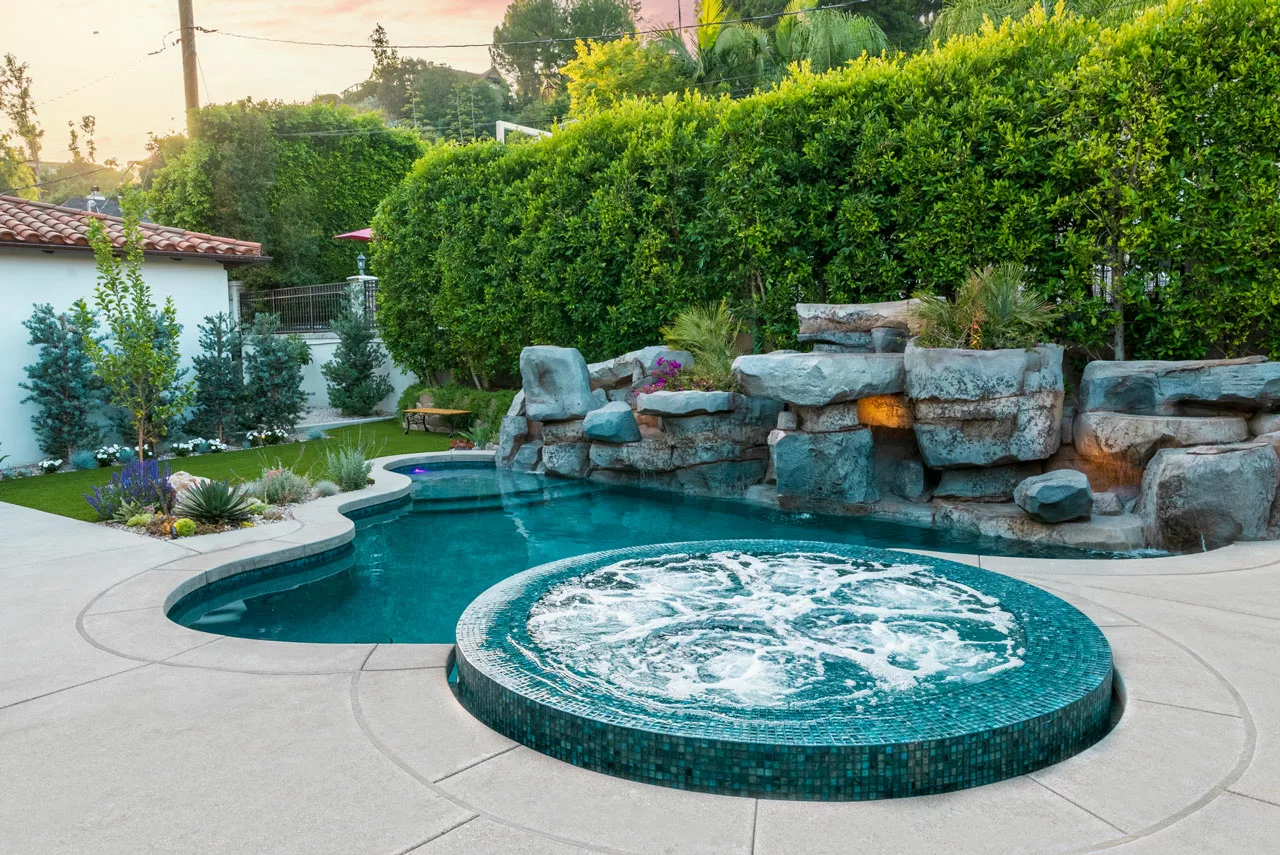Selecting an effective pool heating system can greatly extend your swimming season while cutting energy costs. This article covers solar, gas, and electric options so that you can select one that best meets your needs.
Solar systems offer the greenest solution, producing no CO2 emissions and using free solar energy to power their operations. Although solar requires an initial investment, its operating costs are far cheaper than similar gas or heat pump options.
Solar Water Heaters
Solar heating of your pool means extending its swimming season while reaping the relaxation benefits. While an upfront investment might seem intimidating, solar heaters have proven themselves an efficient and long-term cost saver that may even earn tax credits6.
Evaporation is one of the primary sources of energy loss in pools. Evaporating even one pound of water uses enormous amounts of energy and raises temperatures by one degree; to minimize this process it’s essential that we use either solar covers or insulation blankets.
Investment in an insulated pool cover is an eco-friendly way to help keep the temperature of your pool stable, reduce chemical additive use and cut maintenance costs. Solar covers also reduce surface water loss reducing the need for frequent topping up of pools; floating solar blankets (not safety covers) may help to reduce evaporation while keeping temperatures consistent; however they don’t offer as much protection or safeguards against theft as traditional covers do.
Heat Pumps
Heat pumps are among the best choices for pool heating that are both cost-effective and eco-friendly. These systems harness ambient air temperature as a source of heat energy for pool temperature increase, thus cutting fossil fuel consumption and impact.
Electric heat pumps can be especially useful in Florida, where warm air provides ideal conditions for heat transfer. Furthermore, since they do not require gas or oil for operation, electric heat pumps offer lower operating costs than traditional pool heaters.
Used with bubble type roll up pool covers, these systems can help minimize evaporation energy losses that account for around 70% of backyard swimming pool energy use. Furthermore, using solar systems together with heat pumps can increase their coefficient of performance (COP), thus decreasing power usage and utility bills.
Gas Heaters
Gas heaters run on either natural or propane gas and offer fast heating solutions for your pool. Their reliability and extensive warranties also make them popular choices, although their upfront costs tend to be higher compared to other heating methods. Over time though, their energy efficiency and lower operational costs help to minimize their environmental footprint.
This pool heater uses natural gas to warm a pump that then dumps warmed water directly into your pool, making it an excellent choice for regular party hosts or sudden swim sessions. However, due to relying on gas instead of solar or heat pumps for heating needs and regular maintenance costs. As with all heaters it’s wiser to invest in one with the highest efficiency gas heater possible as this can lower operational costs as well as energy consumption.
Electric Heat Exchangers
Electric heat exchangers offer pool owners an eco-friendly solution. By efficiently converting energy to raise water temperatures and operating smoothly even in mild climates.
Electric heat pumps typically have lower operating costs compared to gas heaters due to their ability to efficiently convert electricity to heat.
Heat loss from pools due to evaporation accounts for as much as 70% of their energy usage; this can be mitigated with various eco-friendly techniques.
One effective solution is using a pool automation system, similar to how a home thermostat saves energy costs. A pool automation system enables you to switch equipment on and off as necessary and in an energy efficient manner – this way your heat pump and other pieces of equipment only run when required – eliminating wasteful running times and potential overuse of resources.





